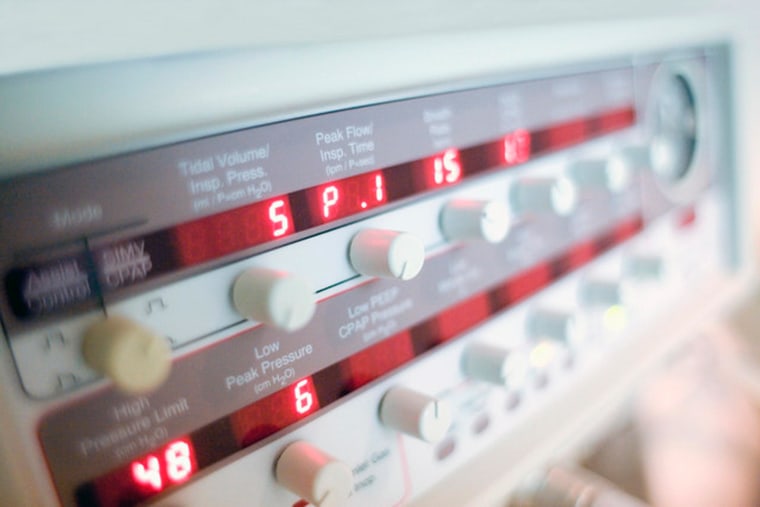Patients with terminal cancer who fight to the very end, taking debilitating chemotherapy treatments in the last months of life, often end up dying in intensive care, a new study shows.
Although most cancer patients say they’d like to die peacefully and painlessly at home, the study suggests that taking an attitude of fighting up to the last minute could mean an uncomfortable or even miserable death.
The study of 386 terminally ill cancer patients suggests at least some were in denial about how close they were to dying. The researchers, led by Dr. Alexi Wright of Harvard Medical School and Dana Farber Cancer Institute, say it shows that people with advanced cancer really need to think hard about what they want and communicate it clearly to loved ones and to their medical team.
“Our findings also underscore the challenge that many oncologists face when discussing the option of stopping chemotherapy with patients and their caregivers, particularly when patients — and physicians — may equate stopping treatment with ‘giving up’ or ‘doing nothing,’” they wrote.
More than half of the patients were getting chemotherapy even though it was not going to save or even extend their lives. At the end, 12 percent went through cardiopulmonary resuscitation (CPR) or were put on ventilators, 13 percent ended up in intensive care units and 11 percent were put on a feeding tube.
“Between 20 percent and 50 percent of patients with incurable cancers receive chemotherapy within 30 days of death, despite growing concerns that it may not be effective,” they wrote in their report, published in the British Medical Journal.
“Recently, the American Society for Clinical Oncology identified end of life chemotherapy as one of the top five practices that could improve patients’ care and reduce costs, if stopped."
It all fits in with an Institute of Medicine report released last fall showing Americans are getting disorganized cancer care. It pointed out that up to 80 percent of Americans given a diagnosis of incurable cancer don’t fully get it — they think they can still be cured.
In the study, just 35 percent of the patients getting chemotherapy within a few months of death would admit they were dying, compared to half the patients who had discontinued treatment. But it seemed the discomfort was worth it to some — more than half said they’d accept chemotherapy in return for an extra week of life.
